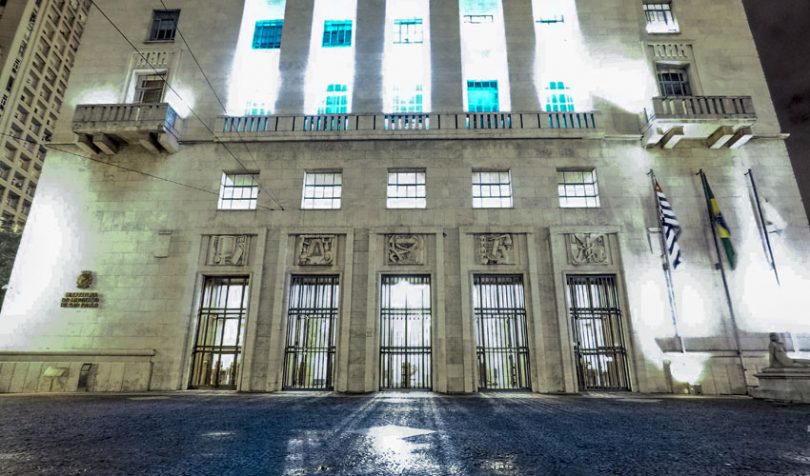The city of São Paulo has hired tech firm Constructivo for a blockchain-powered asset management platform, according to Brazilian news site Istoé Dinheiro on Saturday. The solution is for the registration and workflow of public construction projects.
Public works need an efficient way to manage processes and access documents, without compromising on security, according to Constructivo president Marcus Granadeiro. His firm’s blockchain solution is built on the company’s cloud platform, Colaborativo.
“It is imperative that data from all construction work assets in the city of São Paulo or from ongoing projects be available online to any decision maker,” said Granadeiro via Google Translate.
With blockchain technology and cloud storage, “[p]rocess and document management happens in real time and from anywhere,” he claimed. Constructivo and São Paulo hope to create an immutable and transparent system for the processes involved in public works construction. Brazil is currently undergoing big changes in this sector.
For instance, Saturday’s report mentions that the Brazilian government is only now adopting engineering contracts priced by product, rather than by working hours. The previous system was considered inefficient. In Granadeiro’s words: “It was as if public management were prevented from having productivity gains.”
Constructivo’s solution hopes to join the country’s move towards efficency by addressing budget issues caused by the financial crisis and institutional corruption. São Paulo’s State Federation of Industries estimates that corruption causes losses of 2.3% of Brazil’s public sector GDP, or around $172 billion.
As natural protection against fraud, blockchain is well suited for public administration. An immutable audit trail would allow easy tracking of funds. “The first big gain with [the] technology is that everything is recorded, all comments,” explained Granadeiro.
He continued: “Because problems in the work will often appear years later, and then no one finds the record of anything. With blockchain that [problem] doesn’t exist.”
Solutions using blockchain for public administration have been implemented by the city of Seoul, aimed at proposal evaluation, and more recently in Maharashtra, India. Maharashtra’s initiative includes pilots in supply chain management, vehicle registration, agriculture marketing, and document storage. Dubai, a city known for its blockchain activity, is working on multiple public service projects with IBM.






